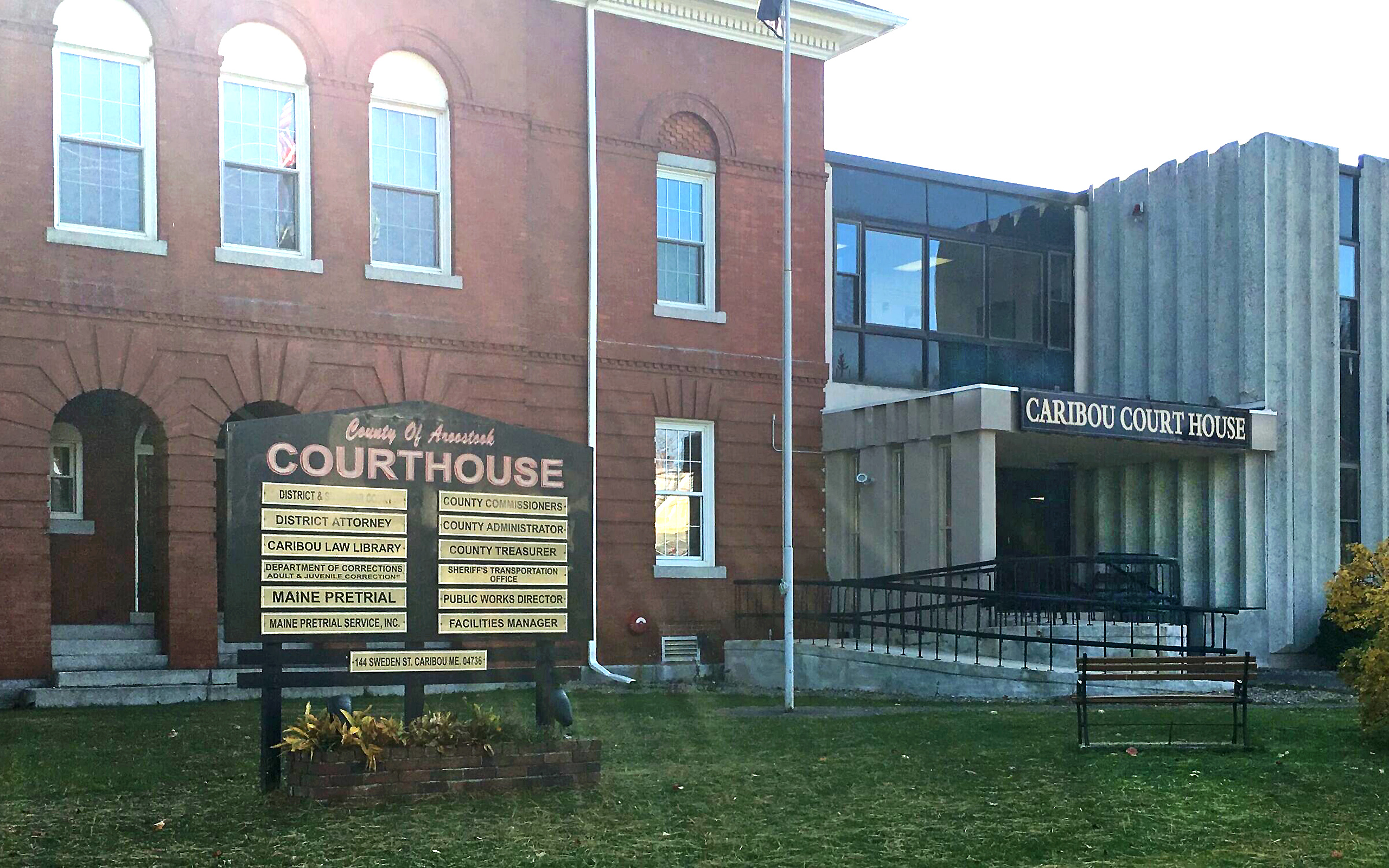
This story has been updated.
CARIBOU, Maine — Plaintiffs in a civil lawsuit alleging the city of Caribou violated its charter are opposing the city’s motion to dismiss along with the city’s claims that the lawsuit is legally defective. The city has since responded to this objection, requesting that the court dismiss all but one count from the initial complaint. The next step is for the court to make a decision on the case.
The lawsuit, filed on Nov. 4, 2020, alleges that defendants City Councilor Doug Morrell and the city of Caribou violated the charter by allowing Morrell to sit on the council when his taxes were not paid by Dec. 31, 2019, which plaintiffs said should be grounds for him to forfeit his seat.
“Only qualified voters of the city, who are current for all annual personal and real property taxes due to the city on or before December 31st of the previous year, shall be eligible to hold the office of Councilor,” according to section 2.01(b) of the Caribou city charter.
Plaintiffs Christine Lister and Gary Aiken filed the lawsuit while they were both involved in a committee to recall Morrell from city council for several reasons, including the assertion that his taxes were not paid on time to be a seated councilor. The committee’s recall petition fell short by just 53 of the required signatures. Only 15 of the signatures were submitted to and verified by the city.
The initial complaint alleges that the charter’s rules concerning forfeiture of a council seat for unpaid taxes are clear, and that the city violated them by failing to notify Morrell of the offense in open session and in writing, failing to deliver a written copy of the offense to the city’s attorney, failing to hold a hearing about this at the next regularly scheduled council meeting and failing to judge the councilor’s qualification, make a decision on his forfeiture and hold a vote on whether a forfeiture occurred.
Lister and Aiken asked the court to review the council’s actions and requested that the city take any mandatory action required under the charter in addition to awarding legal fees and costs along with any other relief the court deemed proper.
The city’s attorneys responded by filing a motion to dismiss on the grounds that the claims in the lawsuit are legally defective, and that only the council can collectively determine if a forfeiture occurred and take corrective action.
They said there is no legal basis for relief to the plaintiffs, as the charter does not make room for residents to take legal action against the city council or councilors, and that while Morrell’s taxes were paid after Dec. 31, 2019, this rule only applies to seated councilors. Morrell’s taxes were technically paid before he was sworn in as a seated councilor, the city said.
The city said it did follow the correct procedures, as Councilor Joan Theriault made a motion during an October meeting to invoke the forfeiture process described in the charter, but according to the meeting’s minutes on record, it was not seconded.
In arguing against the dismissal, the plaintiffs said the city attorneys only cited sections of the law related to land use ordinance enforcement, adding that this lawsuit is “not in any way related to land use ordinances and regulations.”
They also said the city, in its motion to dismiss, acknowledged that there is a dispute when it comes to interpreting the charter, demonstrating there is a legal basis for the lawsuit. The city council, since this lawsuit was filed, has established a committee to review the charter for ambiguous language.
Plaintiffs reiterated that the city council did not hold a hearing during open session regarding the forfeiture, as outlined in the charter, and that the city and its council are reviewable under the Declaratory Judgment Act, which allows the court to interpret rules, or under Rule 80B, which is the legal review of a government’s action — in this case, the city and the city council.
“Defendants’ Motion attempts to play a shell game that hides the pea such that Plaintiffs would be denied any avenue to challenge or check the actions of the city and its City Council,” the plaintiffs’ objection read.
They also rejected the city’s argument that only the council can determine if they are properly following the charter.
The city responded on March 25, upholding their motion to dismiss the lawsuit, and reiterated that the charter was not violated, as the provisions only apply to seated councilors and “not to voters, candidates, or Councilors-Elect.”
“Morrell was not a councilor before January 20, 2020, therefore he was not obligated to pay his property taxes owed to the city by [Dec. 31, 2019]. Plaintiffs invite the court to ignore the meaning of Councilor and expand it to include voters, candidates and Councilors-Elect, but ordinary canons of statutory construction prohibit such action,” the city’s response read.
They reiterated that the council initiated the forfeiture process but did not vote to move forward to a formal hearing. There is “no private roaming commission granted to private individuals to require the City Council to hold hearings, make findings desired by those private individuals, and/or pay damages to those disgruntled private individuals because they disagree with the manner in which the City Council has exercised its authority,” the city said in its answer.
The city’s recent response held that while Rule 80B is still susceptible to dismissal on these grounds, it may proceed if the court determines that some standing exists for the claim.
According to the Caribou Superior Court, the next step is for the court to make a decision on the lawsuit, however as of March 26 it is currently unclear when this will occur.




